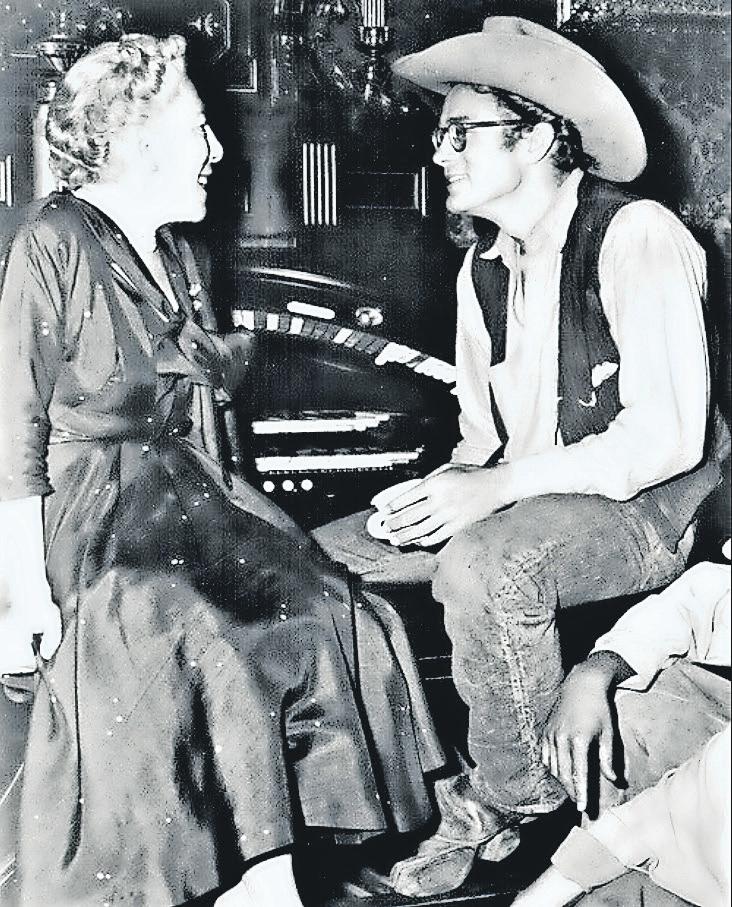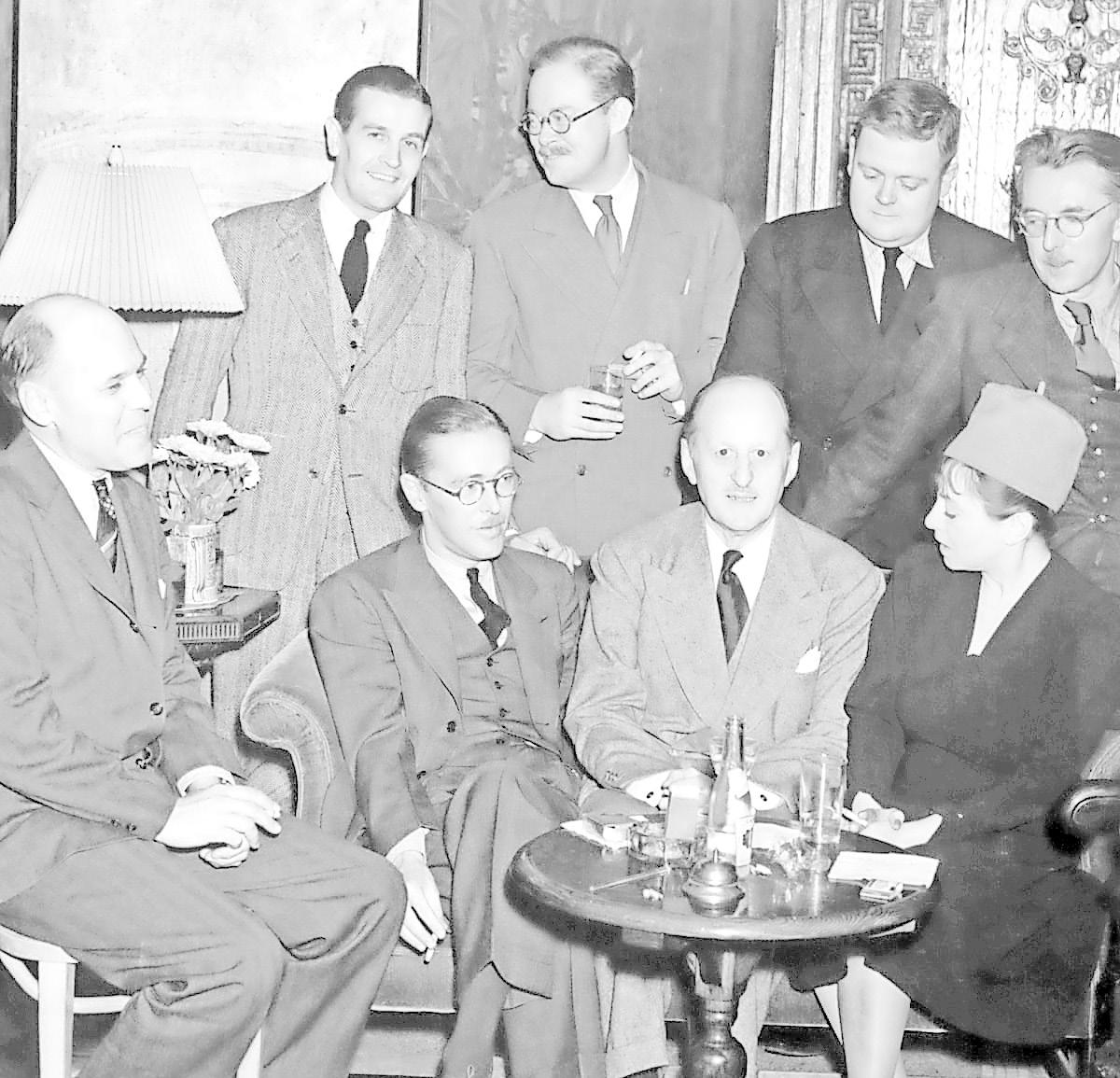
3 minute read
Literary Lives 12
from 07302021 WEEKEND
by tribune242
In 1925, Ferber sent a draft, of what she thought was a novel that lacked a plot and had a theme that a reader could easily overlook, to her publisher Nelson Doubleday. The book’s title was So Big, and she was amazed to find that he really enjoyed the book. She was even more surprised when she learned that the public also enjoyed the book which went on to sell several hundreds of thousands of copies. She won the Pulitzer Prize for her book that same year, following which a silent film starring Colleen Moore was made. An early “talkie” movie remake was made in 1932, starring Barbara Stanwyck and George Brent, with Bette Davis in a supporting role. Another remake of the film of So Big starring Jane Wyman was made in 1953 and is the most popular version.
“For equipment she had youth, curiosity, a steel strong figure ... four hundred and ninety-seven dollars; and a gay adventuresome spirit that was never to die, though it led her into curious places and she often found, at the end, only a trackless waste from which she had to retrace her steps, painfully. But always, to her, red and green cabbages were to be jade and burgundy, chrysoprase and porphyry. Life has no weapons against a woman like that. - Edna Ferber So Big
Advertisement
Ferber’s next novel, Show Boat (1926), was just as successful as So Big and almost immediately Jerome Kern proposed that it be transformed into a musical. Ferber was not at all keen on the idea as she thought it would be turned into the typical light entertainment of the 1920s. Eventually, when Jerome Kern explained that he and Oscar Hammerstein II wanted to create a serious work, Ferber gave him the rights to the great musical that premiered on Broadway in 1927 and has been revived eight times.
By now, Ferber was established as one of the country’s distinguished writers. She moved to New York, with her mother, and was recruited into the exclusive “Algonquin Hotel Round Table” with other New Yorker writers Peter Benchley, Dorothy Parker and James Thurber. She was gifted and had a name.
“Her ‘oil well’ as she called it, was the novel ‘Cimarron’, which came out in 1930. This ‘American Epic’ opens with the great 1889 ‘run’ or ‘land grab’ in Oklahoma. Sabra Venable, a genteel Southerner, migrates with her devil-may-care husband Yancey Cravat to the new territory ... Yancey, an enormously vital man, is nicknamed ‘Cimarron’ by virtue of ... ‘Indian’ in his genetic make-up. (They) settle in the fictional town of Osage, where he sets up a newspaper, the ‘Oklahoma Wigwam’, before going off to join Roosevelt’s Rough Riders. As usual in Ferber’s fiction, the plucky woman has to take charge. Twenty years pass. Oil is discovered and transforms the Oklahoma economy. Sabra becomes Oklahoma’s first Congresswoman. In the last scene Yancey returns, a dying bum. Sabra forgives him everything ...
- John Sutherland Lives of the Novelists, (2011)
Ferber went on to produce a string of bestsellers including American Beauty (1931), Come and Get It (1935), Saratoga Trunk (1941), Great Son (1945), and Giant (1952) – which became the film vehicle for James Dean’s final performance. Ice Palace was published in 1958.
Ferber never married, had no children, and is suspected not to have engaged in a romance or sexual relationship with anyone.

Ferber joined the group of writers, critics and entertainers who became known as the ‘Algonquin Round Table.’
“Being an old maid was a great deal like death by drowning – a really delightful sensation after you ceased to struggle.”
- Edna Ferber
Edna Ferber died at her home in New York City, of stomach cancer, at the age of 82. She left her estate to her remaining female relatives. She did, however, give the American government permission to spread her literary work to encourage and inspire female authors.
“Death-bed promises should be broken as lightly as they are seriously made.”
- Edna Ferber The Gay Dog • Sir Christopher Ondaatje is the author of The Last Colonial. He acknowledges that he has quoted liberally from Wikipedia; A Peculiar Treasure (1939) by Edna Ferber; A Kind of Magic (1963) by Edna Ferber; Edna Ferber and her Circle, A Biography (2000) by Julie Goldsmith Gilbert; and Lives of the Novelists (2011) by John Sutherland.







